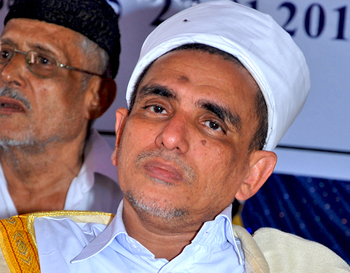Bengaluru, Jun 20: Amid calls for boycott of Chinese products in the backdrop of Indo-China border face-off, former Karnataka chief minister HD Kumaraswamy sought to know from the BJP government in Karnataka the status of the "Compete with China" policy brought during the previous JDS-Congress rule.
Boycotting Chinese products was not easy like sloganeering but required a creative policy and the coalition government's initiative was a model for it, he said in a series of tweets.
"After the border skirmish, some people got the realisation to boycott the Chinese products but during my tenure (as chief minister) a serious thought was given to it," the JDS leader said.
He was apparently referring to growing clamour for boycott of China-made products after a violent clash between Indian and Chinese troops in the Galwan Valley in Ladakh left 20 Indian Army personnel dead early this week.
Mr Kumaraswamy said he had brought the Compete With China policy to effectively deal with the neighbouring country.
"My government's objective was to offer jobs to the local residents, snatch away market opportunities for China and discard the Chinese products."
"However, what has the present government done to our scheme? It is not known whether it is still continuing or not," Mr Kumaraswamy said.
The Kumarswamy government had identified clusters and earmarked Rs 2,000 crore for their development.





Comments
I need some iasiss I need the contact number
I want see koorathangal
Add new comment